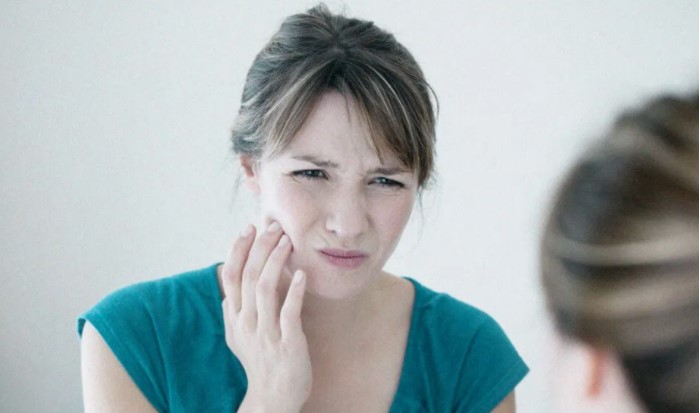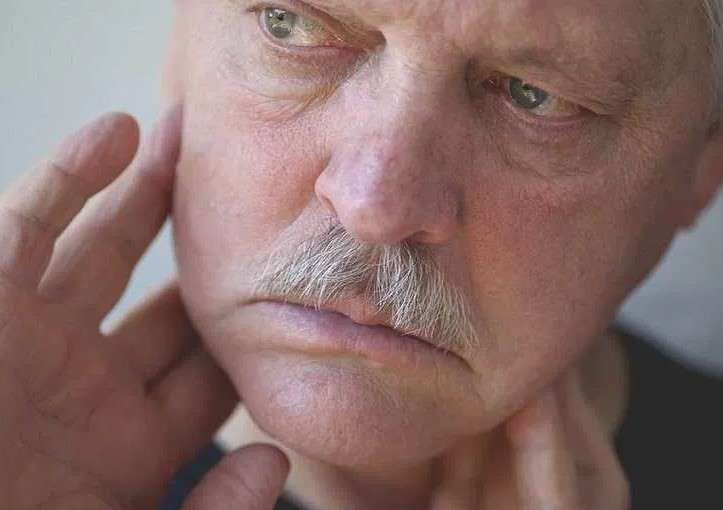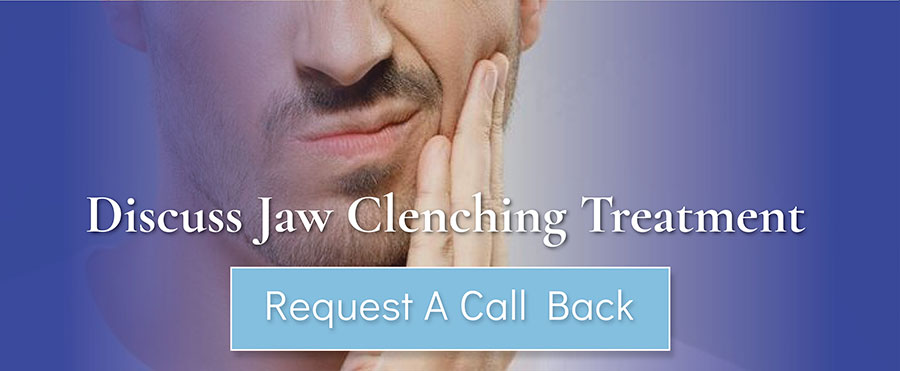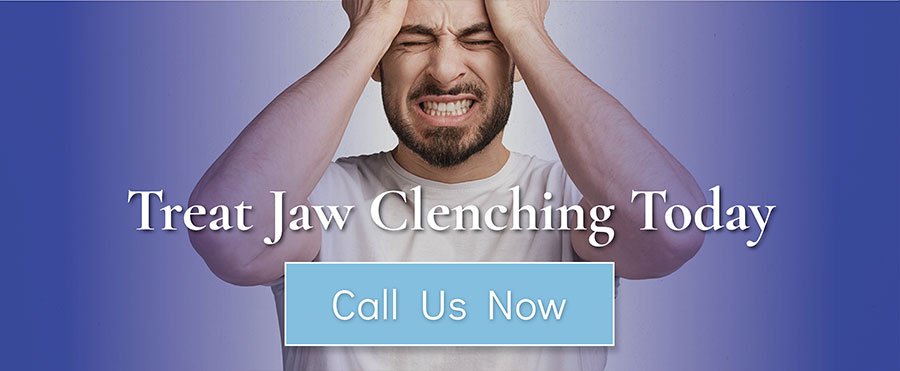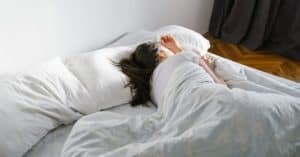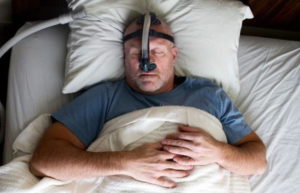If you often find yourself waking up with sore facial muscles, you may be suffering from bruxism or unconsciously clenching jaw in your sleep. A few people also report experiencing other symptoms such as excruciating headaches, earaches, and sore or tight jaw (especially when chewing or speaking). Unconsciously clenching your jaw is a common condition but it can cause discomfort over time. Make sure you know how to address it.
Why do I subconsciously clench my jaw?
While the exact cause of teeth grinding is largely unknown, experts attribute it to psychological stress and increased anxiety.
Teeth grinding and clenching is fairly common, especially among adults (though children may also acquire this condition).
Jaw tightness can be a result of many things, such as inflammation caused by certain drugs, injury from trauma, anxiety, stress, and misaligned teeth. The jaw can also tighten from overexertion such as chewing too much, and clenching and grinding teeth during sleep.
Grinding and clenching teeth at night (nocturnal bruxism) is considered as a sleep disorder. Daytime bruxism, on the other hand, is usually associated with clenching rather than grinding. This is often linked to anxiety and stress.
What are the causes of involuntary teeth clenching?
There are several potential causes of involuntary teeth clenching. This can be attributed to anxiety and stress, reaction to certain medications, TMJ disorder, or misaligned teeth. Unconsciously clenching jaw can also be a combination of these causes.
The jaw joint, also known as the temporomandibular joint (TMJ), is a ball-and-socket joint similar to the one you have on your shoulders. The movement of this joint is supported by the surrounding muscles.
Depending on the exact cause, jaw tightness can be felt on right, left, or even both sides. Pain can also radiate all the way to the ear, neck, and shoulders. Pain can be gradual or last for a long period of time. It can vary from dull ache to intense and throbbing pain.
Here are other reasons why people clench their jaws and grind their teeth.
Stress and Anxiety
Increased stress and anxiety can negatively affect a person’s physiological health.
Unconsciously clenching jaws, teeth grinding, and muscle tension are common symptoms of stress and anxiety, along with tension around the shoulders, neck muscles, and clenching of fist. Overtime, this leads to more serious dental health problems, such as wear and tear of teeth, cracks, and even loss of teeth.
TMJ Disorder
As said earlier, the jaw joint is a ball joint. Like your shoulders, it’s a pretty complex joint that handles a wide range of movements. Tension problems on this joint and its surrounding muscles will greatly limit its range of motion, affecting how you speak, chew, and yawn.
This disorder could also lead to locking in one or both jaws. The pain can be aching or throbbing, with a feeling of tenderness in or near the ear and face. Chewing food could also worsen the pain and make clicking sounds with a grinding sensation.
The symptoms for TMJ disorder include difficulty chewing or opening the mouth and persistent headaches.
Misaligned Teeth
Dental problems such as misaligned teeth could lead to bruxism (teeth grinding). If the lower and upper teeth don’t mesh together perfectly, this may promote excessive teeth grinding, which leads to abnormal wear and tear of the enamel of the teeth. This could worsen the problem on teeth misalignment.
Sleep Disorder
Sleep disorders such as obstructive sleep apnea (excessive snoring, which interrupts breathing patterns during sleep) is strongly associated with bruxism.
Medication
Certain drugs are known to cause people to develop unconsciously clenching jaw problems, especially those medications known to treat psychiatric conditions (antipsychotics, antidepressants, and selective serotonin reuptake inhibitors or SSRIs).
Experts believe these types of medication causes changes in one’s central nervous system, which promotes excessive jaw clenching and teeth grinding. Some of those drugs that were cited as to have links to this problem include Paxil (paroxetine), Prozac (fluoxetine), and Zoloft (sertraline).
Excessive Chewing
Just like any joint and muscle in your body, your jaw joint and surrounding muscles will feel sore, pain, and discomfort from excessive chewing.
Chewing a gum, for example, can overwork the muscles and cause painful spasms around the jaw area, which can extend to the neck. This could also lead to TMJ disorder.
Rheumatoid Arthritis (RA)
This form of arthritis is caused by an autoimmune inflammatory disorder, which affects the joints and muscles throughout the body. This could also lead to the inflammation of the TMJ.
An inflamed jaw joint is painful to move (open, chew, etc.) and may cause further damage to the surrounding tissue. Other symptoms of RA include the following: jaw tightness, inflammation, fever, and bumps underneath the skin around the joint area.
How can I stop unconsciously clenching my jaw?
While your dentist can custom-fit a mouth guard to minimize the effects of clenching your jaw, this will not stop you from continuously clenching your jaw and grinding your teeth. Fortunately, there are things you can do to stop unconsciously clenching your jaw, in combination with the prescribed mouth guard.
Practice mindful teeth placement/jaw exercises
Relax your jaw muscles by opening your mouth as wide as possible and touching your front teeth with your tongue.
Keep your lower and upper teeth from touching each other (unless when chewing food). You can do so by saying the letter “n” to position your tongue between your teeth. Keep your mouth in this position to avoid teeth grinding and jaw clenching.
Manage stress with relaxation techniques
Meditation and relaxation exercises such as yoga, Tai Chi, and deep breathing exercises can all help you relax your jaw muscles.
Self-massage
Learn to massage your jaw and help the muscles around the TMJ relax by reducing tension. You can also hold a warm towel against your jaw to promote relaxation of muscle and blood flow.
Watch your diet
Soft diet is often recommended for acute symptoms. Avoid hard, tough, and chewy food. Avoid chewing gums or any food that can cause you to overwork your jaw muscles. Also, smoking, excessive alcohol and caffeine intake are known culprits for jaw clenching.
Does clenching your jaw damage your teeth?
Yes, absolutely. Though occasional teeth grinding is usually harmless, excessive jaw clenching and teeth grinding results in a wide variety of health conditions, such as pain and discomfort, and damage to teeth. It can cause abnormal wear and tear to the teeth, as well as cause the enamel to crack. This could eventually lead to tooth loss.

